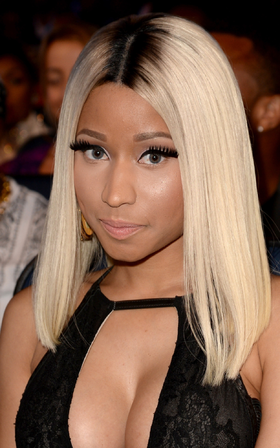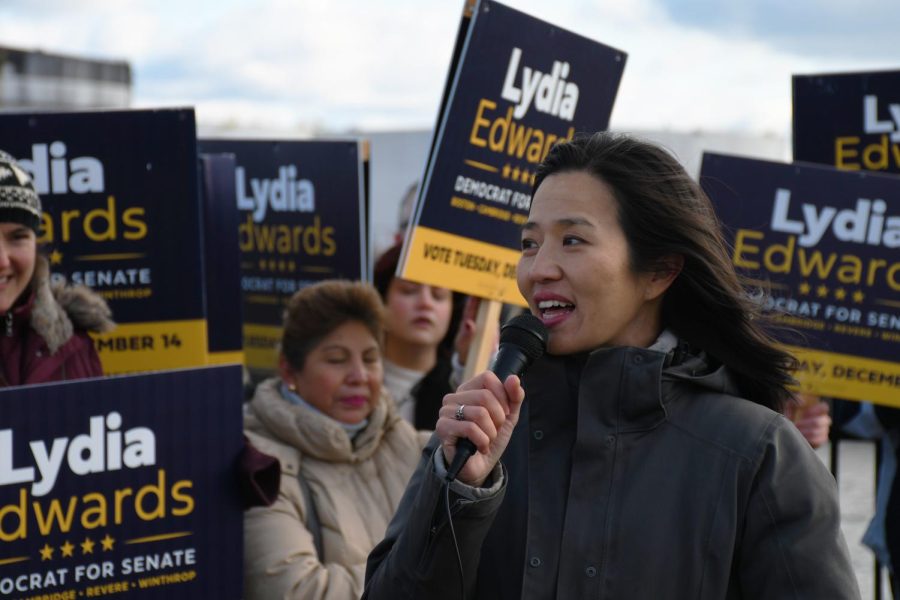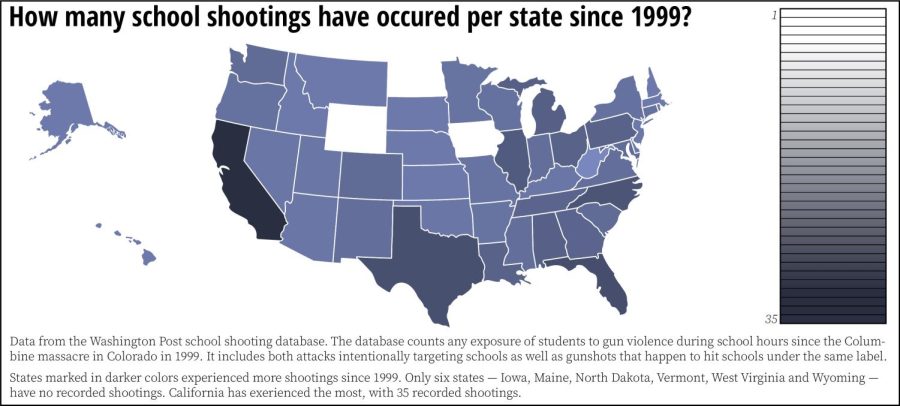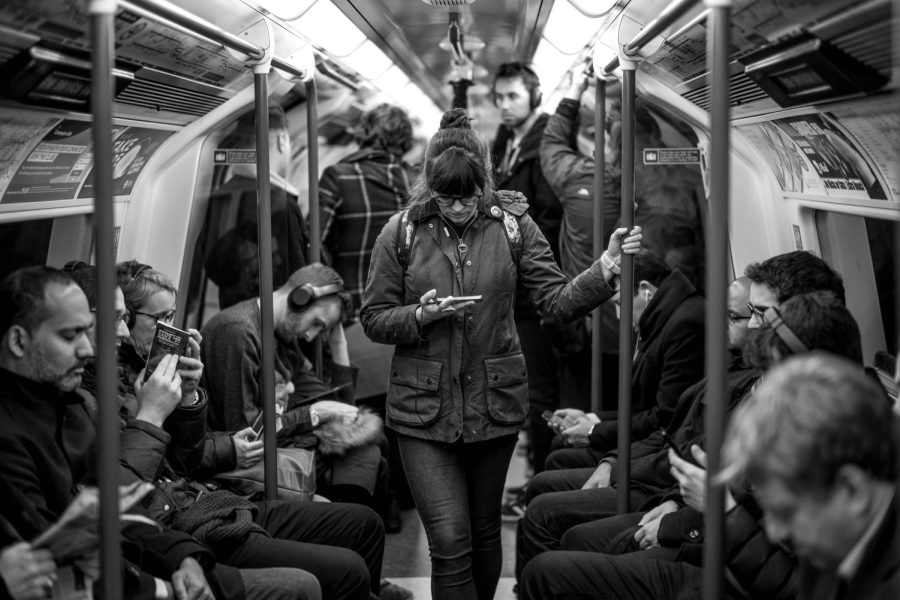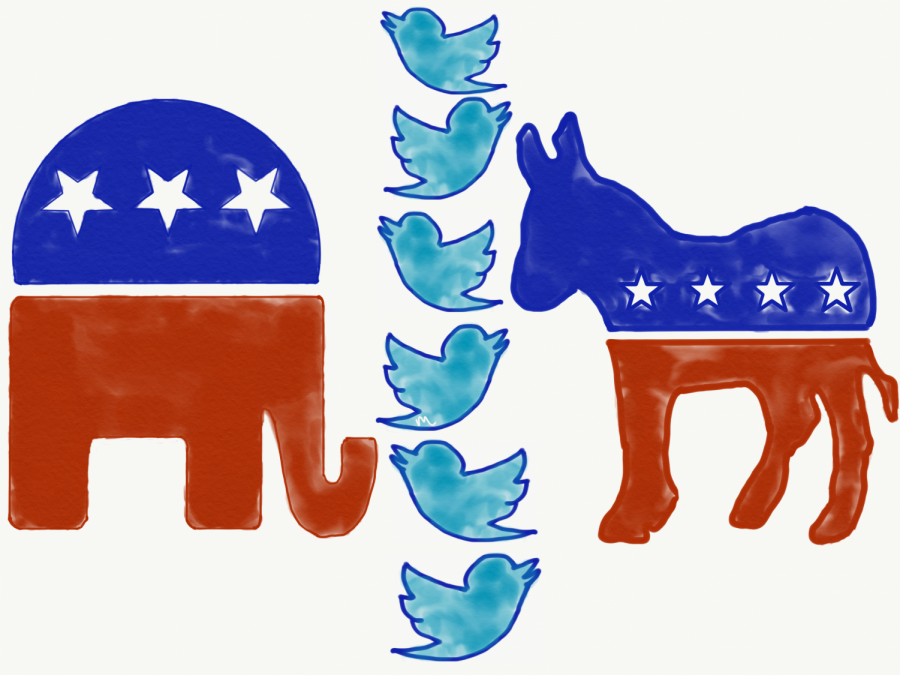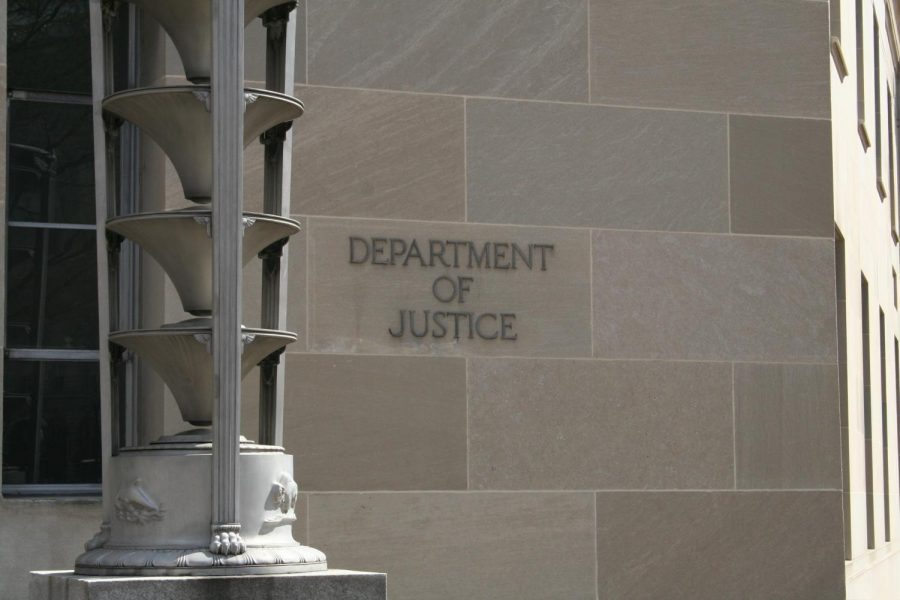By Sean Connolly, editorial page editor
As the nominations for the Video Music Awards were revealed, Nicki Minaj tweeted that the treatment she received from the awards was unfair. She claimed that the music industry promotes extremely slim body types for women, and that black women are underappreciated in the music industry.
These tweets led to altercations with both Taylor Swift and Miley Cyrus. As Minaj made up with Swift and then called out Cyrus at the VMAs, internet tabloids blew up. Many of the tabloids published articles claiming Minaj was purposefully starting altercations. Images for these articles often purposely seemed to portray Minaj as the angry firebrand and the two white women as innocents.
Other websites began reversing the narrative, claiming Swift and Cyrus were both the perpetrators of any altercations and, more importantly, they were missing the point. Minaj was trying to make a statement about race and hypersexualiztion of female bodies; points she has been making for a while, but nobody had been listening.
Yet, as websites took both sides, there was still a lack of actual critical analysis on the issues Minaj had raised. Yes, Minaj was making important points; so why are we insulting Swift and Cyrus instead of examining the issues at hand and talking about possible solutions?
A cursory glance at popular music videos will show that when these videos feature women at all, most of these women are indeed extremely slim. In general, women who don’t meet standards of beauty in the US tend to be discriminated against, and the music industry is no exception. Adele, for example, is a woman who managed to break into the industry despite not conforming to western beauty standards, yet she’s often criticized for her weight.
As for a lack of appreciation for black women in the music industry, it’s true that only two of the 16 VMAs went to black women (Minaj and Beyonce), and besides these two, few black women were even nominated. In general, it’s rare to see many black women topping the charts. Unfortunately, it’s difficult to quantify institutional discrimination in the music industry, as music is largely subjective.
More concrete is the way individuals and the media respond to artists like Minaj. “Anaconda” is a sexual videos in many ways, and Minaj received plenty of criticism for the way she displayed her body. Yet men often portray women as sex objects in music and music videos, and white female artists have released music videos with comparable sexual overtones (think “Get Low” and “Wrecking Ball”). White women sexualizing themselves seem to get less criticism, and men sexualizing women causes almost no one to blink an eye. Why is Minaj criticized where men and white female artists aren’t?
So, if what Nicki Minaj is saying is true, and her fans certainly seem to believe her, then what should be done? Supporting more black women in the industry and supporting songs and videos that promote women who don’t adhere to the western ideals of beauty seems like a good start. In general, it’s important to not let the issues die out with publicity. The tabloids will move on, but as other celebrity gossip is picked up and thrown out, remember the important issues that have been raised.
Photo courtesy Wikipedia, Creative Commons


